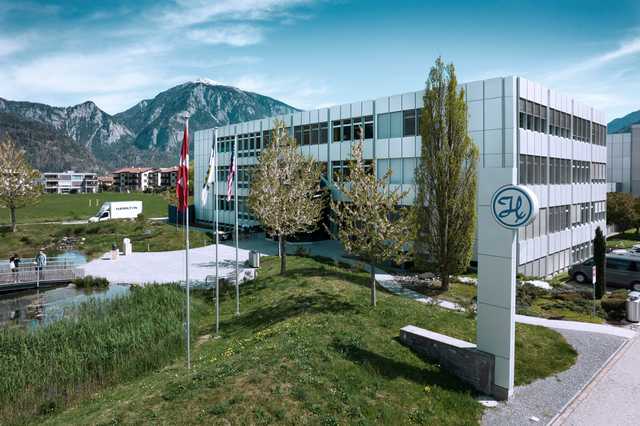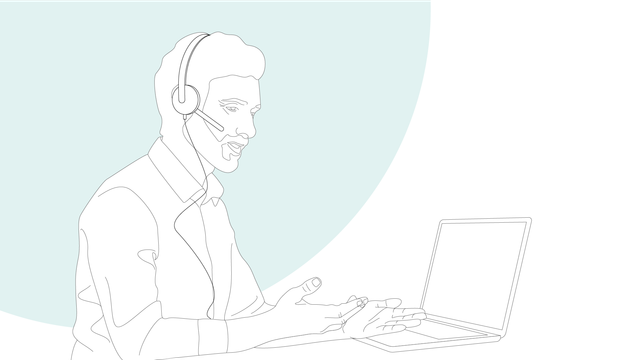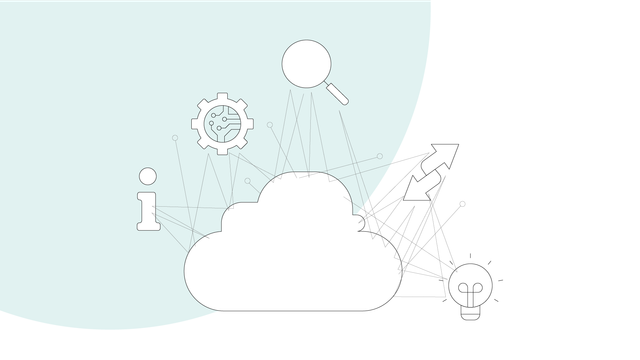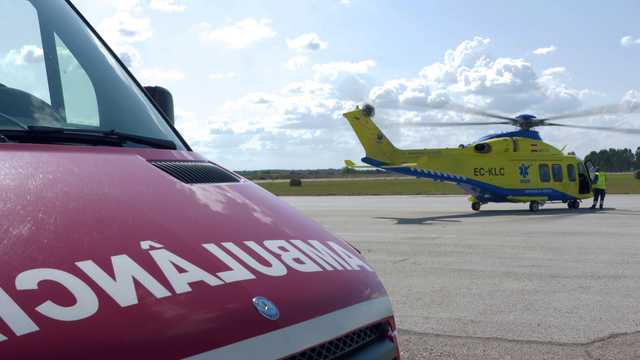
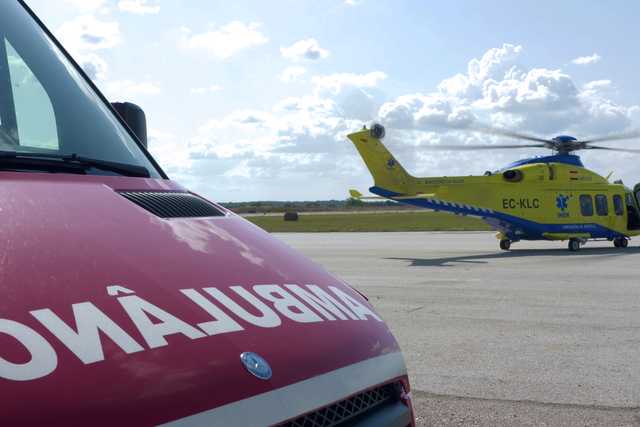
Helping in emergency situations
Reading time: 3 min
Date of first publication: 10.02.2023
Always on hand when people are in need, the National Institute of Medical Emergencies (INEM) provides emergency medical care and transport for patients in mainland Portugal.
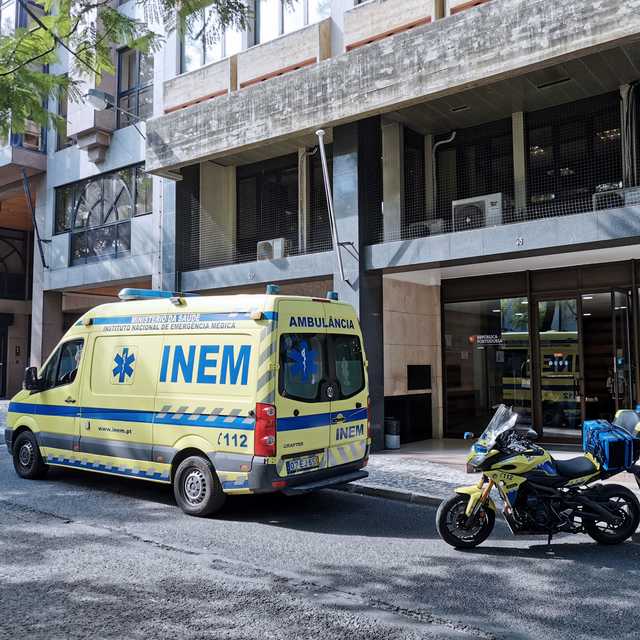
Around the clock. Always ready for service
Whether at home, in traffic, at work, or during leisure time, accidents happen every day. Those who are involved in an accident are often in need of immediate medical attention. By dialing 112, the European emergency number in Portugal, anyone in a medical crisis can connect with the National Institute for Medical Emergencies (INEM).
In cooperation with the fire department, the police, and the Red Cross, INEM provides first aid at the site of the accident, transports the injured and transfers patients between hospitals. Available 24/7, 365 days a year, INEM has a total of 44 vehicles for ground rescue and 4 helicopters for air rescue.
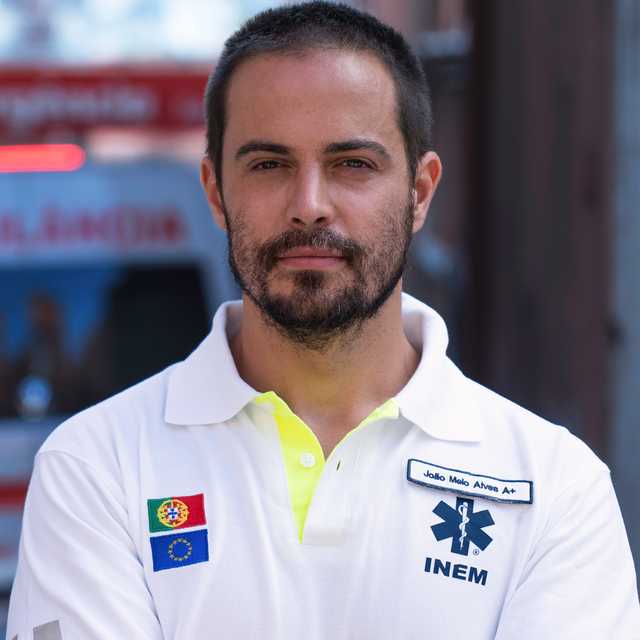
No two days are the same. Emergency healthcare
Working in the rescue service can be very hectic. Messages are sometimes very imprecise, and emergency healthcare professionals need to be prepared for any situation. Whether it is cardiac arrest, cerebral apoplexy, or circulatory conditions, professional help is essential. Time often plays a pivotal role; within a few minutes or even seconds, the INEM staff must make important decisions.
"In the prehospital setting where the situation is often uncontrolled, we need to balance the time pressure with the advanced type of intervention needed. This makes deciding what not to do a big challenge" says Dr. João Alves, an emergency transport physician who specializes in intensive, internal, and emergency medicine.
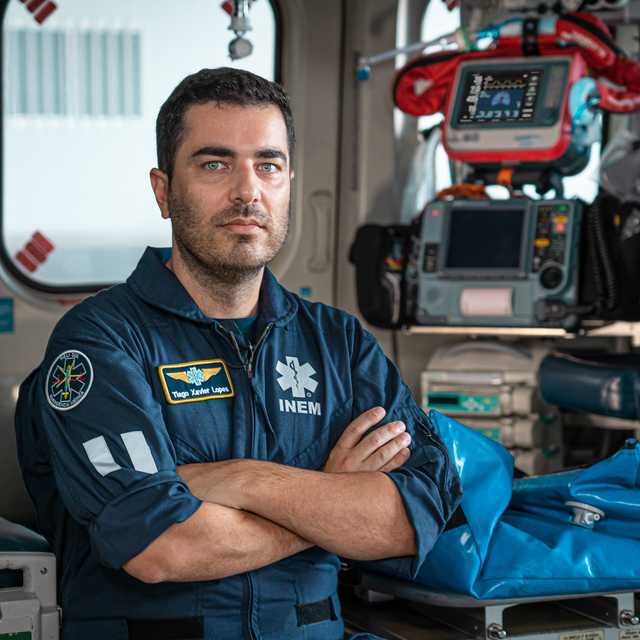
In challenging environments. Mechanical ventilation
When transferring intensive care patients, it is important that ambulances are properly equipped. Despite the limited space available, each ambulance needs to have enough room for ventilators, monitors, equipment for drug delivery, and much more. About 50 percent of INEM's assignments are for interhospital transfers.
Depending on the hospital, sometimes there is no helipad for the rescue helicopters to land; in these cases, patients must be transferred by ambulance. "We have to transfer all the equipment from the helicopter to the ambulance. At the hospital, we have to take all the equipment back to the emergency room. That's a big challenge," says Dr. Tiago Lopes, who works as a doctor aboard one of INEM’s helicopters.

Empowering the frontline heroes of critical care
Medical teams around the world are accustomed to the toughest working conditions.
We want to honor them by giving them a stage and listening to what they have to say.

Foreign aid in Africa
Bernhard and Lydia are on the verge of a life‑changing move: In April 2022 they are relocating to Malawi to help provide medical care and train local healthcare staff ‑ together with their three children between the ages of one and three.


